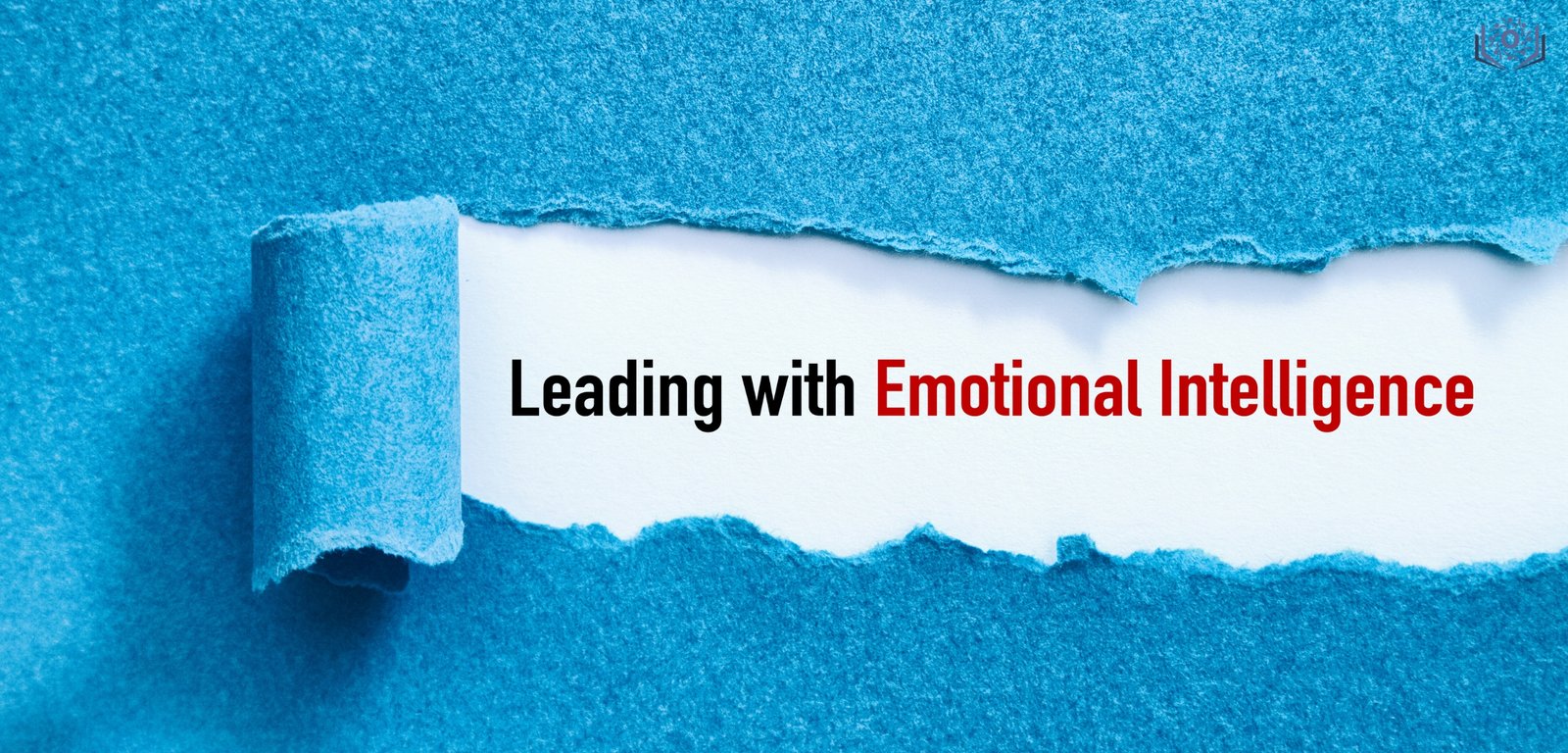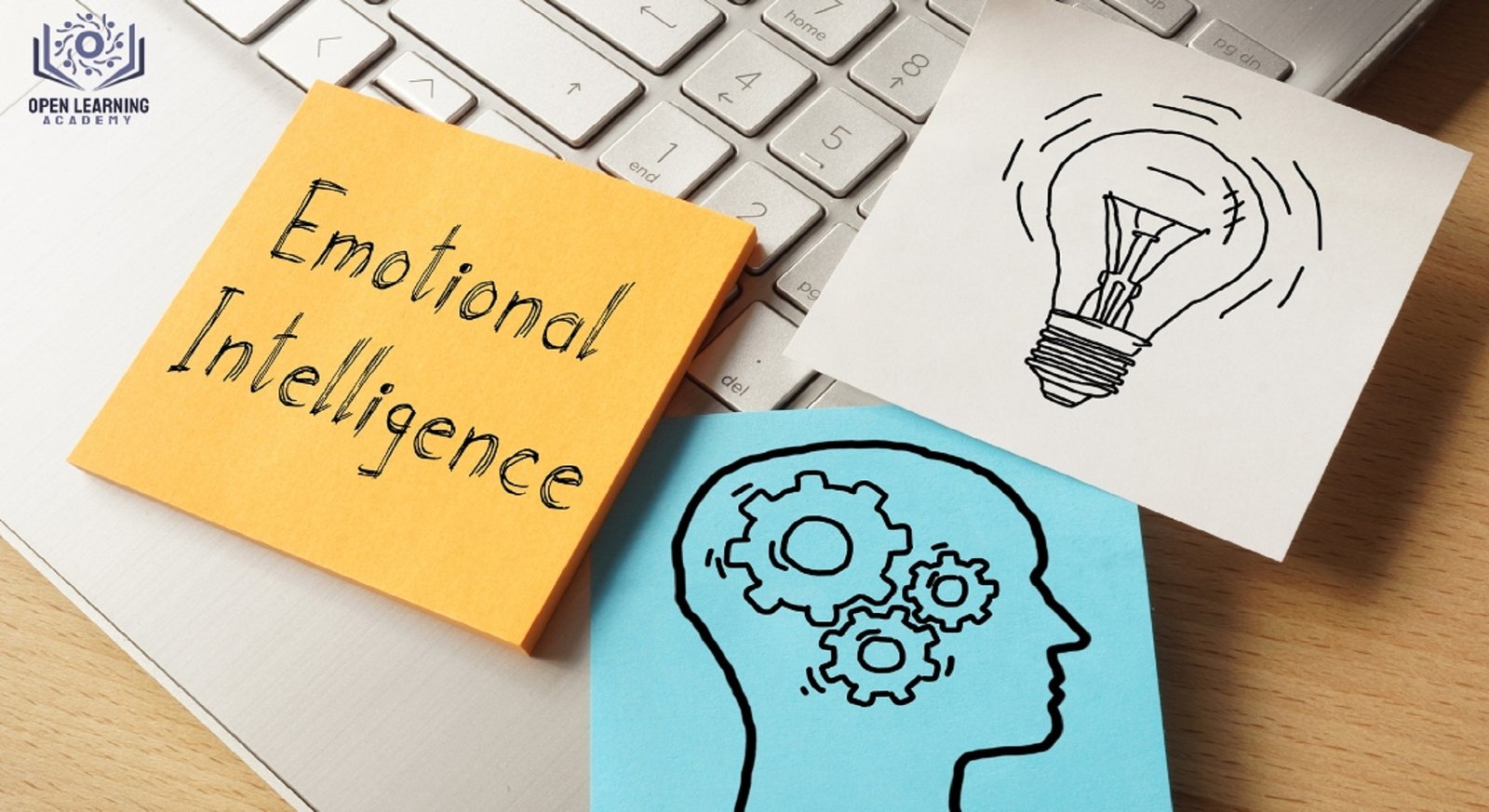No products in the cart.
Emotional intelligence (EI) is more than just recognising feelings; it’s about managing emotions, empathising with others, and making thoughtful decisions. It is important that you need to know how managing one’s emotions can improve resilience and coping mechanisms. This blog will discuss how emotional intelligence can improve the mental health system and explain how it can help develop mental well-being.
What is Emotional Intelligence?
Emotional intelligence is the ability to recognise and control one’s own emotions and those of those around one. It can help you turn your intentions into action, connect with your passions, and make well-informed judgements about what’s most significant to you. It is an important ability to achieve in all areas of life, including advancing professionally and enhancing personal connections.

Why Is Emotional Intelligence Important?
People can become more successful and productive at their jobs and assist others in becoming more successful and productive by improving their emotional intelligence. Strong interpersonal skills, particularly in communication and conflict resolution, which are essential in the workplace, correlate with higher emotional intelligence. Successful leaders often possess high emotional intelligence. Leaders in the workplace need to be aware of their ability to see things from an unbiased perspective. The importance of emotional intelligence is multifaceted. It can assist you in:
If you have emotional intelligence, you can maintain meaningful and productive relationships with colleagues, managers or associates. It can also assist you in managing socially challenging circumstances that call for an awareness of the sentiments and viewpoints of many individuals.
- Build strong relationships
- Emotional intelligence can increase the understanding and ability to relate to people, leading to deeper and more meaningful connections.
- Manage stress more effectively
- Emotional intelligence can help you manage in a healthier way, which can increase your general well-being.
- Achieve the goals
Emotional intelligence can help you maintain your motivation and focus on the objectives.
How does emotional intelligence affect mental health?
Emotional intelligence has a big effect on mental health. Strong connections, stress management, and emotional intelligence are all enhanced in those with high emotional intelligence. This may result in several advantages for mental health:
- Develop self-esteem: Boosting your self-esteem is another benefit of emotional intelligence. Feeling secure and competent is more likely when you can comprehend and control your emotions.
- Elevated mood: Having emotional intelligence also helps you feel happier. Negative emotions like anger, anxiety and depression are less likely to occur when you can properly control your emotions.
- Powerful Bond: Strong relationships can be established and maintained with the use of emotional intelligence. Relationships tend to be constructive and encouraging when you can relate to and understand other people.
- Pressure drop: Emotional intelligence can help you recognise and manage stress healthily.
How to achieve emotional intelligence
Handling significant connections in your life requires emotional intelligence. Gaining the capacity to recognise and manage your emotions may increase your chances of success in both your personal and professional life. By learning more about emotional intelligence, you can build the skills you need to succeed in any position that involves interacting with others. To increase your emotional intelligence, you can do a variety of actions. Here’s some advice:
- Be strong: Straightforwardly express your requirements and desires.
- Improve communication skills: Communicate succinctly and clearly while keeping the feelings of the other individual in mind.
- Develop empathy: Communicate succinctly and clearly while keeping the feelings of the other individual in mind.
- Learn to manage the emotions: This could entail creating coping strategies to manage stress, rage, and other challenging emotions.

How can Emotional Intelligence improve Mental Health?
Emotional intelligence can help reach goals, form closer bonds with others, and lead to a more satisfied and psychologically healthy existence.
- Be aware: Practising mindfulness involves focusing your attention on the here and now without judgment. Being mindful can help you better understand and control your thoughts and emotions.
- Take care of yourself: A good diet, frequent exercise, and adequate sleep are all important. When you find yourself, you can better control your emotions and build relationships.
- Ask for feedback: Get advice on how to raise your emotional intelligence from your family and close friends. Be receptive to their suggestions and flexible.
Conclusion
Emotional intelligence is a critical competence for leadership. Building emotional intelligence helps leaders better understand and relate to their team members. Emotional intelligence provides theoretical methods for developing and improving relationships and general health. It also helps to develop self-confidence and establish a productive and enthusiastic work environment.
Emotional intelligence in leadership includes motivation, self-awareness, self-control, empathy, and interpersonal skills. It also involves developing, knowing, and controlling one’s own emotions and identifying and sympathising with those of others.
Unlock your potential with Open Learning Academy‘s Emotional Intelligence Course—develop stronger relationships, navigate challenges, and thrive in every aspect of life.




